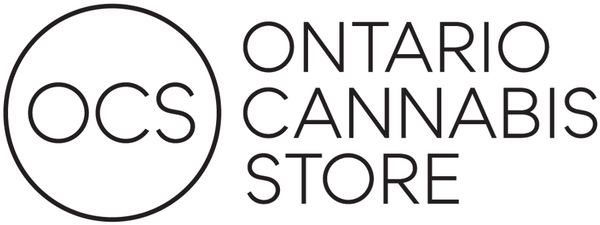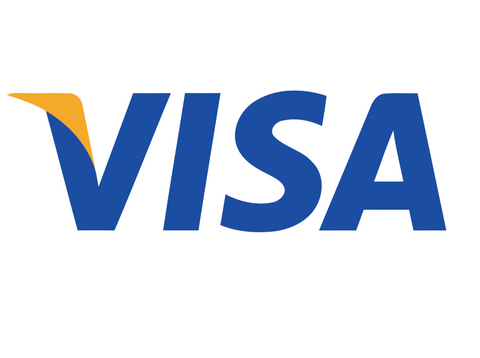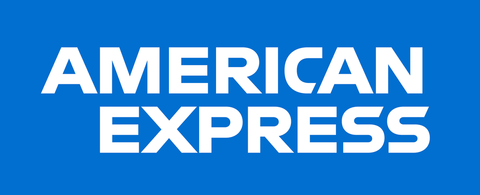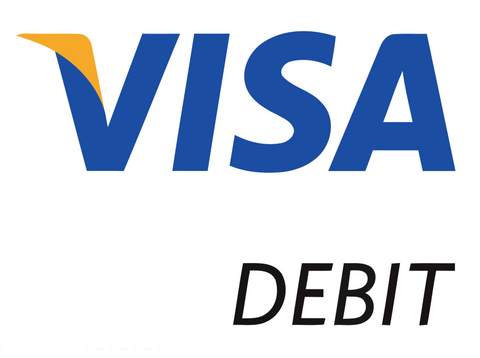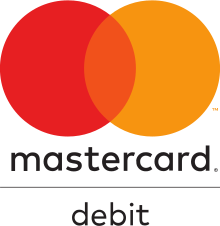Choosing Cannabis Products
In Session: Licensed Producers Supporting Cannabis Amnesty
When it comes to cannabis amnesty, there’s a lot of work to be done. These Licensed Producers are eager to help.

In the years since cannabis was legalized in Canada, cannabis amnesty — an official pardon for Canadians charged with possession of small quantities of cannabis — has become a pressing issue. More than 100,000 Canadians have criminal records for cannabis possession, and it’s widely known that the enforcement of pre-legalization drug laws disproportionately affected Black and Indigenous people. As evidenced by a recent report co-produced by the OCS and Deloitte, there are significant opportunities for improvement when it comes to equity (as well as diversity and inclusion) in Canada’s legal cannabis industry.
There’s a growing awareness and genuine desire from players across the industry to help move the needle. From big companies like Canopy and Aurora to smaller ones like TREC and Entourage Health, many Licensed Producers are eager to support amnesty efforts.
“There’s a strong appetite amongst industry players for asking themselves, ‘What can we do to look back and right the wrongs?’” says Annamaria Enenajor, a lawyer and founder of Cannabis Amnesty, Canada’s foremost cannabis amnesty advocacy group. “We’ve had a lot of Licensed Producers, as well as Authorized Retailers, reach out and ask how they can raise funds and awareness for our initiatives.”
Why cannabis amnesty matters
A criminal record — even if it’s just the result of getting caught with a joint in your pocket — can have a lifelong impact on employment opportunities, housing, travel, child custody and qualifying for student and business loans, or a mortgage.
To get that record set aside, an individual must undertake the process of applying for a record suspension (also called a pardon). A record suspension removes a criminal record from the Canadian Police Information Centre database that’s used for criminal background checks, but other documents, such as court rulings, could still be publicly accessible.
In 2019, the federal government passed Bill C-93, which waived the five- to 10-year post-conviction waiting period to apply for a pardon and the $631 application fee for Canadians with records for simple possession of cannabis (30 grams or less). It was a step in the right direction, but the process may require a lawyer’s help, and individuals still have to pay for their own fingerprinting, local police record check and documents like copies of their certified criminal record, all of which can quickly add up to amounts that may be out of reach for many.
Cannabis amnesty efforts in Canada
Cannabis Amnesty is at the forefront of amnesty efforts in Canada. Since launching in 2018, the not-for-profit advocacy group has raised public awareness, created stigma-fighting public education campaigns, and pushed for government legislation.
The group is currently developing a pardons clinic, which will provide free lawyer services to Canadians undertaking the pardons process, and this summer they'll launch the TOQi Fellowship internship program. The program is for young people (aged 21-30) from communities affected by inequitable enforcement of pre-legalization cannabis laws who aspire to become leaders in Canada’s not-for-profit sector.
The Fellowship was founded by Drew Henson, CEO of TOQi, a cannabis technology company. It’s helping open a door “for people who might not otherwise have that opportunity,” Henson says. Adds Enenajor: “This program is also meant to be an example for the rest of the industry, showing that legalization can be used to lift up those who suffered under criminalization.”
How Licensed Producers are
supporting cannabis amnesty efforts
Producers are helping to push amnesty efforts forward in many ways. Canopy, for instance, has worked with Cannabis Amnesty since 2017 and has more recently supported the organization with its pardons clinic project. The company provided funding for the first phase of the project (which included community consultations and the hiring of a dedicated project manager) and has committed a substantial contribution to support subsequent project phases, which will include the launch of two pilot clinics.
Here are just a few examples of other Licensed Producers helping the cause.
AURORA
Aurora was one of the founding supporters of Cannabis Amnesty, a not-for-profit, making a $50,000 commitment to further the organization’s efforts in 2018. This year, the company is co-sponsoring the inaugural TOQi Fellowship. They're also helping to bankroll Cannabis Amnesty’s mission of hiring its first staff member (the organization is currently run by volunteers). As a result, Enenajor can take a six-month leave from her day job as a partner at a Toronto-based law firm to focus on turning the project into a self-sustaining organization with employees.
“This is going to accelerate our capacity and [help us] raise enough funds to hire someone full time,” she says. “It’s such a game-changer.”
For Rick Savone, Aurora’s senior vice-president of global government relations, this investment is a no-brainer. “Supporting the work Cannabis Amnesty is doing is really core to our values, especially our value that focuses on community,” he says. “We recognize that legalization was a great development for companies like ours but that the effects of the past war on drugs continue to weigh heavily on a huge portion of the population.”
Savone says Aurora also does advocacy work behind the scenes, leveraging its relationships with government agencies to advance cannabis justice efforts, as well as speaking up about the need for reform. When it comes to employees’ own pre-legalization history, Aurora waives criminal background checks and counts many people who previously worked in the legacy market among its staff.
ROYAL CITY CANNABIS CO.
As one of the brands under the umbrella of Entourage Health (formerly WeedMD), Royal City Cannabis supports cannabis amnesty as a result of Entourage’s roots as a medical cannabis company.
“We want to acknowledge that a lot of the pioneers who took risks to make sure this medicine was available are still bearing a burden,” says Jeff Scanlon, director of business development.
In January 2022 Royal City launched Joints for Justice, a pack of three pre-rolls: $3 from the sale of every pack will be donated to Cannabis Amnesty. The company is hoping to get Retailers to match its donation, but to Scanlon, the initiative goes well beyond raising money. He sees a point-of-sale fundraising effort as an important way to drive awareness.
“We’re hoping there will be some ‘spark up for justice’ conversations we can get going,” he says. “I don’t think the average consumer knows about this issue, and it’s important that everyday cannabis users confront it.”
Like Aurora, Royal City also doesn’t take issue with employees who may have records for possession. “It’s a non-issue [for us],” says Scanlon.
THUMBS UP
Small but mighty, TREC’s Thumbs Up brand has incorporated cannabis amnesty into its DNA from the get-go. Through its 10% for Good initiative, the company has been donating 10% of its profits to "transformative causes", including Cannabis Amnesty, since its launch in 2019.
In addition to this regular donation, in 2021 it ran the Thumbs Up Brand x Cannabis Amnesty campaign, partnering with local artists and retailers in Calgary and Toronto to create and sell a limited-edition shirt, with proceeds donated to Cannabis Amnesty. The company pumped the campaign in newsletters, on social media and on its website with educational articles and contests to raise awareness about the issue. Stay tuned for more (still under wraps) amnesty campaigns in 2022.
“All of us on the TREC team know people who have gotten in trouble or even been to jail for their experience on the pre-legalization recreational side,” says Roxanne Correia, marketing director for TREC Brands. “There’s such a huge contrast between the realities that existed and the opportunities that exist now. Now we have this surreal freedom to build a whole company selling weed, but with that freedom comes a huge responsibility to address the fact that that wasn’t the reality for many Canadians.”

